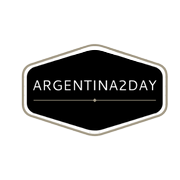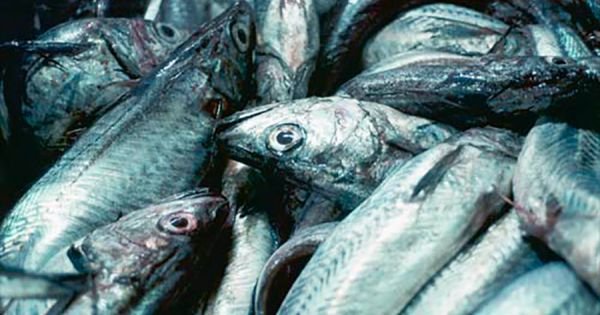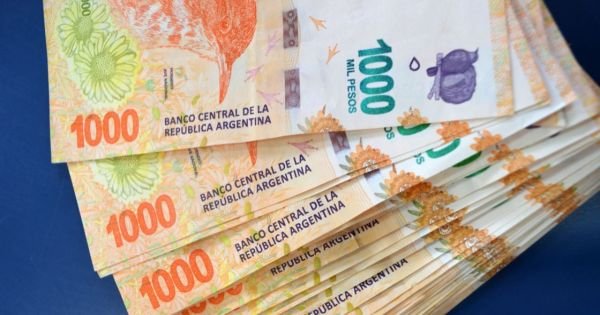[ad_1]
Brazil limits the purchase of Argentine hake: twenty companies under Import Alert Regime
In a bid to safeguard Brazilian consumers, the Ministry of Agriculture and Livestock has taken various initiatives to control the quality of imported goods
Argentina is taking steps to ease the entry of hake into the Brazilian market following the placement of twenty companies under the “Import Alert Regime” in May. In recent decades, Brazil’s role as an importer of specific animal products, particularly fish and dairy items, has been growing.
In a bid to safeguard Brazilian consumers, the Ministry of Agriculture and Livestock of Brazil has undertaken various initiatives to control the quality of imported goods. This involves ramping up surveillance and inspection procedures, as well as collecting samples for analysis in authorized laboratories.
As outlined in an official statement by ABRAPES (Brazilian Association for the Promotion of Fish), the organization convened an inter-organizational meeting to prepare a thorough technical and scientifically justified review of the current import protocol for Merluccius hubbsi into Brazil.
The official list of the Brazilian Ministry of Agriculture and Livestock includes a total of 63 Argentine firms, many of which operate actively and boast a longstanding history in Mar del Plata.
According to data furnished by the Ministry of Agriculture, Livestock, and Fisheries of Argentina, Brazil emerged as the primary destination for hake hubbsi in 2022, accounting for 29% of the total volume exported.
ABRAPES has also shared that it is collaborating with the Fishing Working Group of the Federation of Industries of the State of São Paulo (FIESP) to jointly pursue a harmonized solution, with a deadline for submitting declarations set for September 17th.
Dairy Imports. Brazil’s Executive Management Committee (Gecex) from the Foreign Trade Chamber (Camex) approved an increase in tariffs for dairy product imports from countries outside Mercosur, as announced by Roberto Perosa, Secretary of Commerce and Relations at the Ministry of Agriculture.
The tariff for processed cheeses like Roquefort, Camembert, Brie, and Gorgonzola, as well as butter and butter oils, will be raised from 12% to 18%.
Additionally, Gecex made amendments to Resolution 353/2022, which implemented a general 10% reduction in import rates for over six thousand products. In the dairy sector, an exception has been made for 29 items, leading to a 10% tariff increase from 12% to 14.4%. This change applies to products such as UHT milk and processed milk.
Resolution 353/2022 had previously reduced import rates for other dairy items in May last year, including cream, grated cheese, yogurt, butter, and paste spread from milk products, among others. It is not yet clear if these are the items that will experience a tariff increase.
Both measures apply to imports from outside Mercosur. The Brazilian productive sector has expressed concerns about purchases of powdered milk from neighboring Uruguay and Argentina.
[ad_2]
Source link




